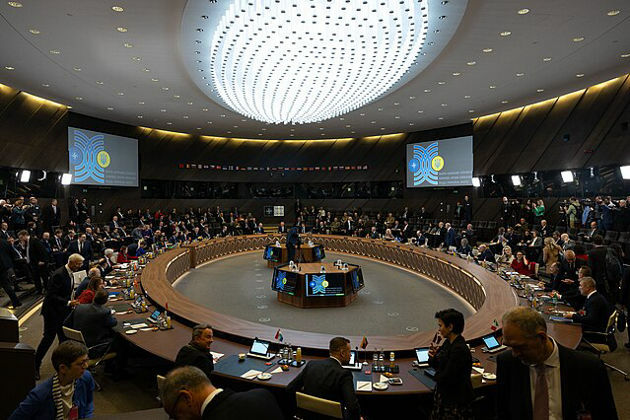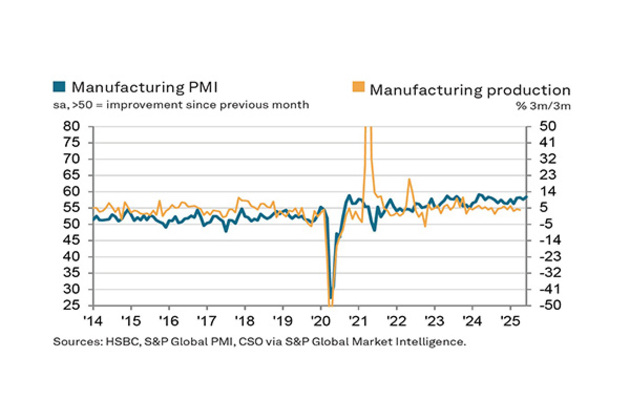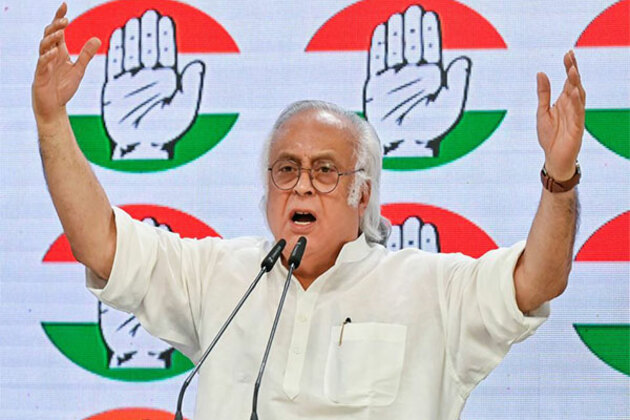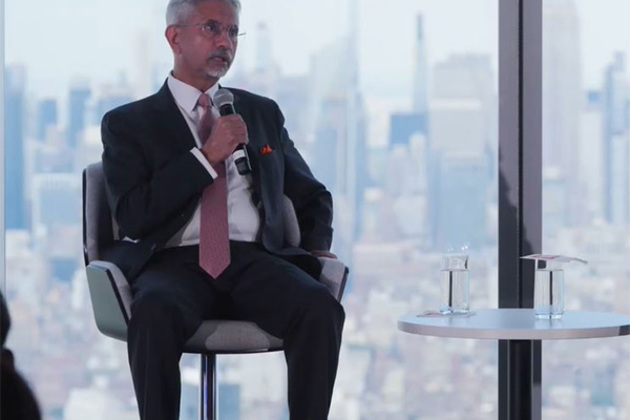Column: When tariffs backfire: how U.S. tariff hikes are hurting the American economy
Xinhua
29 Jun 2025, 22:16 GMT+10
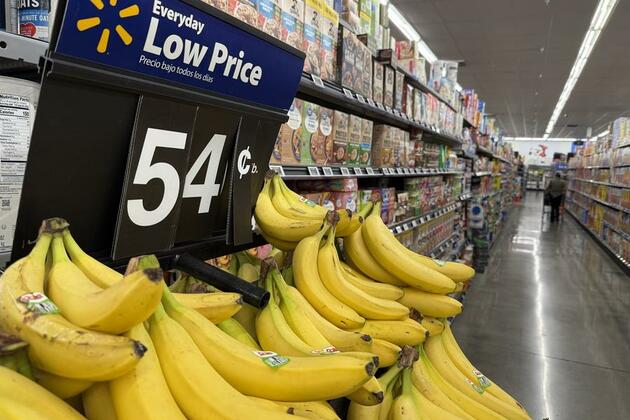
The United States' recent tariff hikes have had detrimental effects on its economy, including slowed growth, rising costs, business challenges, job losses, and strained international relations.
by Mei Xing
The United States' sweeping tariff hikes on a wide range of countries since earlier this year have caused systemic negative impacts on the U.S. economy. Many economic indicators recently suggested that these actions were increasingly having adverse effects, such as introducing uncertainty, burdening American businesses, and driving up costs for consumers.
The United States' overall economic performance has been undercut. According to the latest World Economic Outlook report by the International Monetary Fund, the U.S. economic growth forecast for the year has been revised down by 0.9 percentage point to 1.8 percent, the steepest downgrade among advanced economies.
Financial markets are also showing signs of stress. The U.S. dollar index dropped more than 4.5 percent in April, repeatedly falling below the 100-point threshold. At the same time, U.S. Treasury bonds are under pressure too, with the yield on 30-year bonds climbing past 5 percent, approaching levels not seen in nearly two decades.
The industrial sector is growing with weaker momentum, saddled by increasing costs. The industrial output fell 0.2 percent month on month in May, and the country's April Manufacturing Purchasing Managers' Index, released by the Institute for Supply Management, dropped to 48.7, well below the threshold that signals expansion, and the lowest in five months.
The impact of tariff hikes is perhaps most visible in key industries. In the auto sector, domestic dealers are facing both supply constraints and rising prices. S&P Global Mobility projects that North American vehicle production will drop by about 1.28 million units this year, while U.S. car sales may fall by 700,000 units.
The real estate sector tells a similar story. According to the Associated Builders and Contractors, construction input prices rose at an annualized rate of 9.7 percent in the first quarter. Home sales in March saw their largest single-month decline since 2022, with new housing inventory nearing levels last seen in late 2007.
Agriculture is also feeling the impact. Tariffs on imported inputs have raised production costs, while retaliatory measures from trade partners have hurt export prospects. Major U.S. agribusinesses such as ADM and Bunge reported a combined decline of about 557 million U.S. dollars in first-quarter operating profits.
Together, these figures point to a broader trend: Protectionist measures may be amplifying economic fragility rather than shielding it.
U.S. tariff hikes have also strained businesses and consumers.
For many companies, the combined burden of higher tariffs, bloated inventories, and tighter cash flow has sharply eroded profitability. Prominent firms like PepsiCo, Procter & Gamble, and Target have all lowered their earnings forecasts.
The growing uncertainty has triggered job cuts and a wave of bankruptcies. Stellantis, one of the Big Three automakers, recently laid off 900 workers, while Volvo is scaling back its U.S. workforce by 800. According to S&P Global, large corporate bankruptcies in Q1 have reached a 15-year high.
Consumers are also bearing the brunt. Tariffs have contributed to sharp price increases in everyday goods. Egg prices rose more than 60 percent year over year in March, reaching a record high of 6.23 dollars per dozen. On Amazon, nearly 1,000 items saw average price hikes of about 30 percent in April, largely due to tariffs on Chinese imports.
A Yale Budget Lab study estimates that the cost of apparel and footwear could rise by about 14 percent and 15 percent, respectively, in the short term, and that current tariff policies could cost the average U.S. household 2,800 dollars annually.
Rising tariffs are not only affecting the U.S. economy but also straining ties with allies. A European Council on Foreign Relations survey shows only 22 percent of Europeans now see the United States as a reliable ally, while YouGov polls reveal strong support in Germany, Sweden, and Denmark for retaliatory tariffs.
These tensions are reflected in trade data: Tesla's EU vehicle registrations dropped 45 percent in Q1, McDonald's saw its first global sales decline since 2020, and international visitors to the United States fell 11.6 percent in March -- the sharpest drop since the pandemic began. Goldman Sachs estimates this decline in tourism could cost the United States 90 billion dollars in 2025.
As evidence mounts, it may be time to reassess the costs of tariff escalation. The United States' excessive use of tariffs and the unilateralism, protectionism, and economic coercion these tariffs represent are becoming increasingly unsustainable.
After all, there are no winners in a tariff war.
Editor's note: Mei Xing is an observer of international affairs.
The views expressed in this article are those of the author and do not necessarily reflect the positions of Xinhua News Agency.
 Share
Share
 Tweet
Tweet
 Share
Share
 Flip
Flip
 Email
Email
Watch latest videos
Subscribe and Follow
Get a daily dose of Illinois Intelligencer news through our daily email, its complimentary and keeps you fully up to date with world and business news as well.
News RELEASES
Publish news of your business, community or sports group, personnel appointments, major event and more by submitting a news release to Illinois Intelligencer.
More InformationNorth America
SectionAlliance eyes major military buildup to counter Russia
THE HAGUE, Netherlands: NATO is pressing ahead with a sweeping new defense spending target, calling on all 32 member nations to commit...
Syria could drop demand that Israel return the Golan Heights media
Earlier, the IDF attacked the country, claiming to be protecting the Druze population Former warlord Ahmad al-Sharaa, who seized...
China continues to persecute its Uyghur populace
Hong Kong, July 1 (ANI): China's harsh treatment of ethnic minorities, such as Muslim Uyghurs in the northwest province of Xinjiang,...
India's manufacturing sector hits 14-month high in June, exports and jobs surge: HSBC PMI
New Delhi [India], July 1 (ANI): India's manufacturing sector ended the first quarter of the financial year on a high note, as shown...
"Super Premium Frequent Flier PM...": Cong MP Jairam Ramesh attacks PM Narendra Modi ahead of his 5-nation visit
New Delhi [India], July 1 (ANI): Congress MP Jairam Ramesh took a jibe at Prime Minister Narendra Modi on Tuesday, ahead of his five-nation...
"Trend lines of India-US bilateral ties very positive": Jaishankar expresses hope for successful trade-deal
Washington, DC [US], July 1 (ANI): External Affairs Minister S Jaishankar has hailed the relationship between India and the US, particularly...
International
SectionBeijing crowds cheer AI-powered robots over real soccer players
BEIJING, China: China's national soccer team may struggle to stir excitement, but its humanoid robots are drawing cheers — and not...
COVID-19 source still unknown, says WHO panel
]LONDON, U.K.: A World Health Organization (WHO) expert group investigating the origins of the COVID-19 pandemic released its final...
Fox faces $787 million lawsuit from Newsom over Trump phone call
DOVER, Delaware: California Governor Gavin Newsom has taken legal aim at Fox News, accusing the network of deliberately distorting...
DeepSeek faces app store ban in Germany over data transfer fears
FRANKFURT, Germany: Germany has become the latest country to challenge Chinese AI firm DeepSeek over its data practices, as pressure...
Canadian option offered to Harvard graduates facing US visa issues
TORONTO, Canada: Harvard University and the University of Toronto have created a backup plan to ensure Harvard graduate students continue...
Israel should act fast on new peace deals, Netanyahu says
JERUSALEM, Israel: Israeli Prime Minister Benjamin Netanyahu says that Israel's success in the war with Iran could open the door to...

